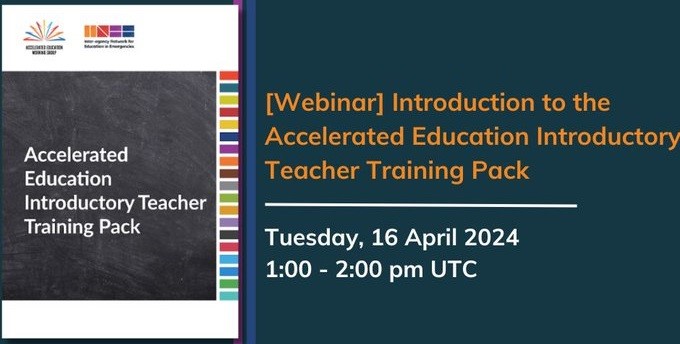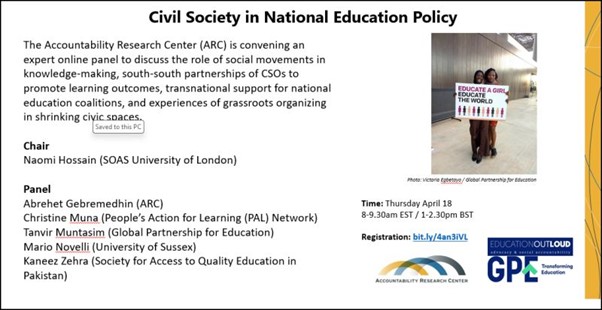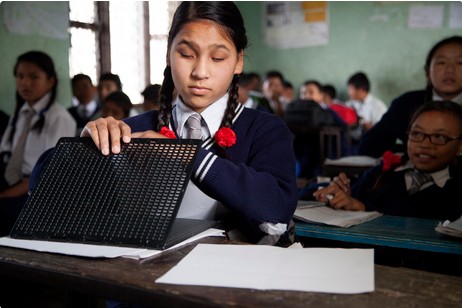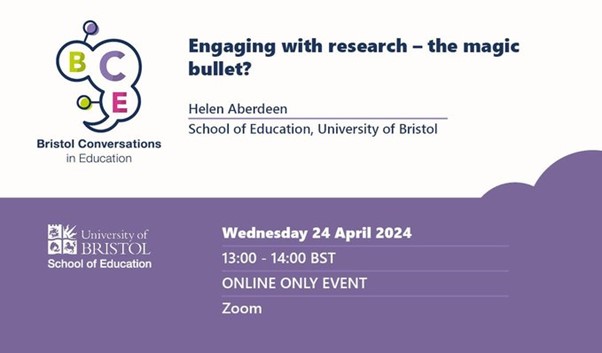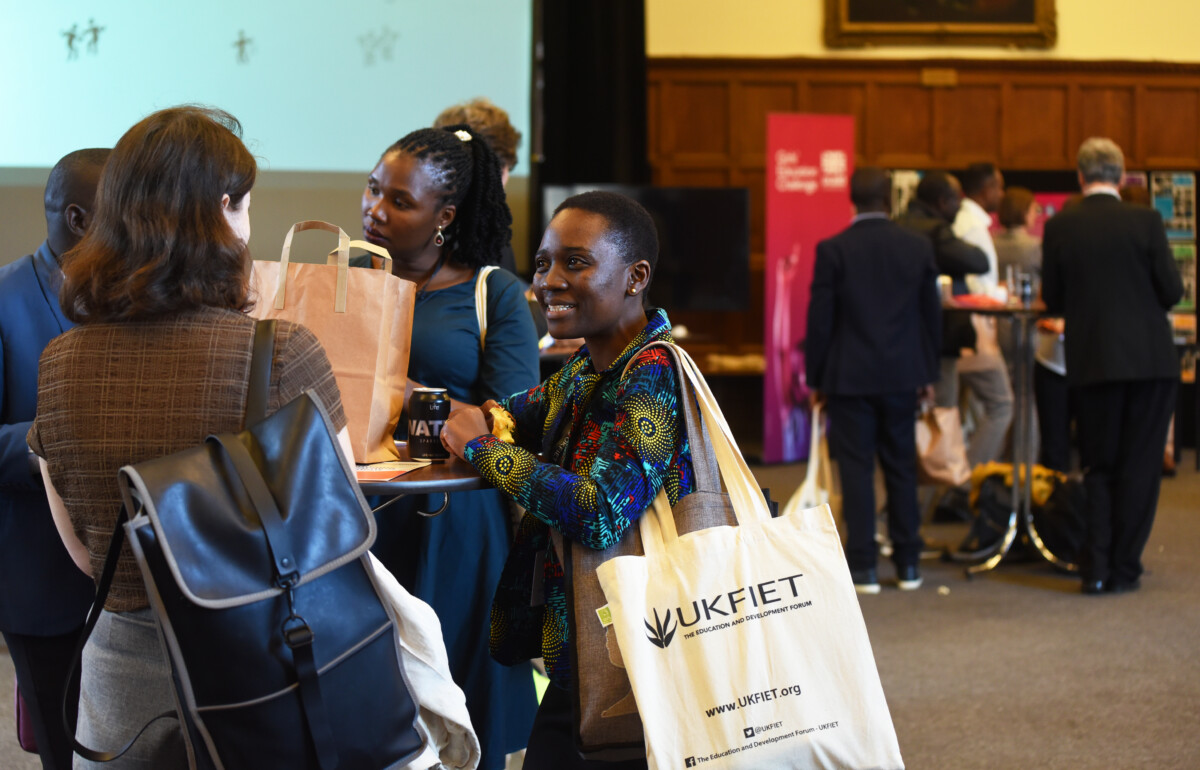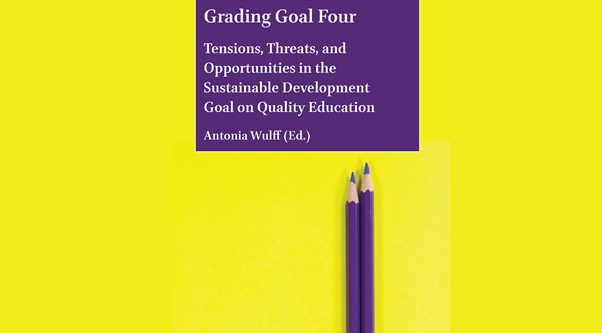
24 June 2021, 16:00–17:30 CEST, 15:00-16:30 BST
On the anniversary of the publication of Grading Goal Four edited by Antonia Wulff, Director of Research, Policy and Advocacy, Education International, NORRAG is hosting two 90-minute webinars that will re-examine the findings of the book in the light of COVID-19. Grading Goal Four was published in April 2020 as it was dawning on the international education community and the world in general that COVID-19 was not just a temporary scare but a lasting and dangerous pandemic. Schools were already closed in a majority of countries in the world and education at all levels had already seen disruption never seen on this scale. As the COVID-19 pandemic has unfolded, it has devastated lives, livelihoods, public goods, and many aspects of education where progress has been possible towards the 2030 targets and goals.
The webinar will be made up of two panels, both concerned directly with the sustainability of progress towards Goal 4:
- The first panel on 21 June focuses on the inevitable – but perhaps too-little discussed – question of prioritization of targets and what COVID-19 may have to teach us about both explicit priorities and de facto ones based on funding system priorities.
- The second on 24 June looks at sustainability, from the complementary angles of the responsibility of education to contribute to needed changes knowledge attitudes and values, and from that of how educational systems structure and functioning affects sustainability within and beyond education.
Participants can register for both events at the link below. The panel discussion will include time for dialogue with the audience.
Panel II: Sustainability by and within education
Date and time: 24 June 2021 16:00 – 17:30 CEST
The pandemic has already highlighted some fragilities in education systems that threaten the stability of the systems themselves. Whatever the failings of the classroom model, and whatever the hopes that technology can pick up when spending time in groups is too risky, there are powerful negative impacts on young people of school closures: disengagement, mental health problems, lost learning and increased inequality.
Furthermore, education’s contribution to sustainability has been seen mainly in terms of curriculum and learning. All aspects of the ecosystem have to be designed to contribute. Responding to COVID with technology highlights the resource (and sustainability) limitations of an approach based mainly on the content of learning on offer.
- Opening remarks: Moira Faul, Executive Director, NORRAG
- Chair and introduction: Antonia Wulff
- From Chapter 14: Will Education Post-2015 Move Us toward Environmental Sustainability?, Panelist: Iveta Silova, Professor and Director of the Center for the Advanced Studies in Global Education at Mary Lou Fulton Teachers College, Arizona State University
- From Chapter 13: Can Education Transform Our World? Global Citizenship Education and the UN’s 2030 Agenda for Sustainable Development, Panelist: Joel Westerheimer, University Research Chair in Democracy & Education, University of Ottawa
- From Chapter 9: SDG 4 and the ‘Education Quality Turn’ Prospects, Possibilities, and Problems, Panelists: Kate Moriarty, Senior Advisor, Strategic Engagement & Dialogue, and Yusuf Sayed, Professor of International Education and Development Policy at the University of Sussex
Discussant: Anjum Halai, Dean Faculty of Arts and Sciences at the Aga Khan University
Questions from the audience
Concluding remarks: Moira Faul, Hugh McLean and Antonia Wulff

